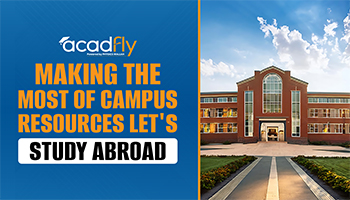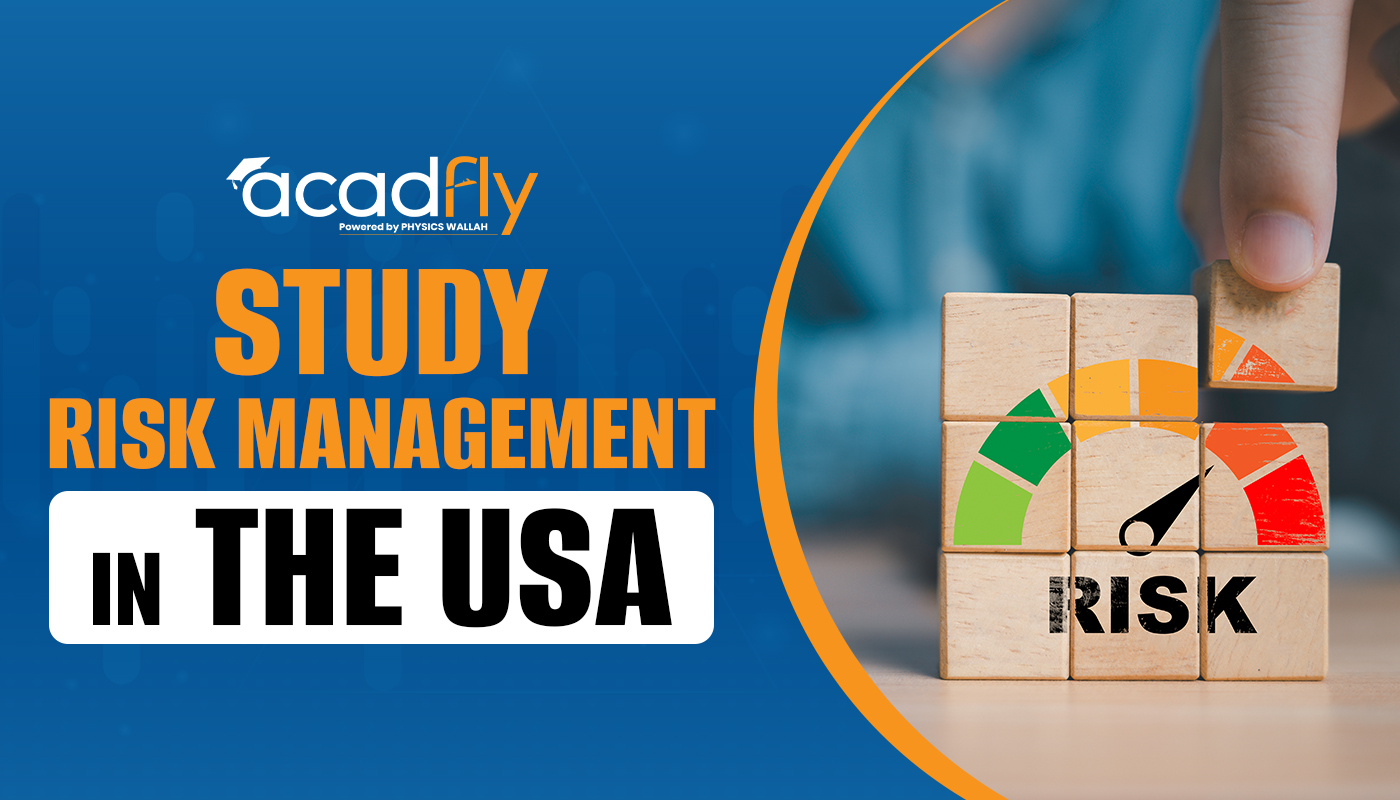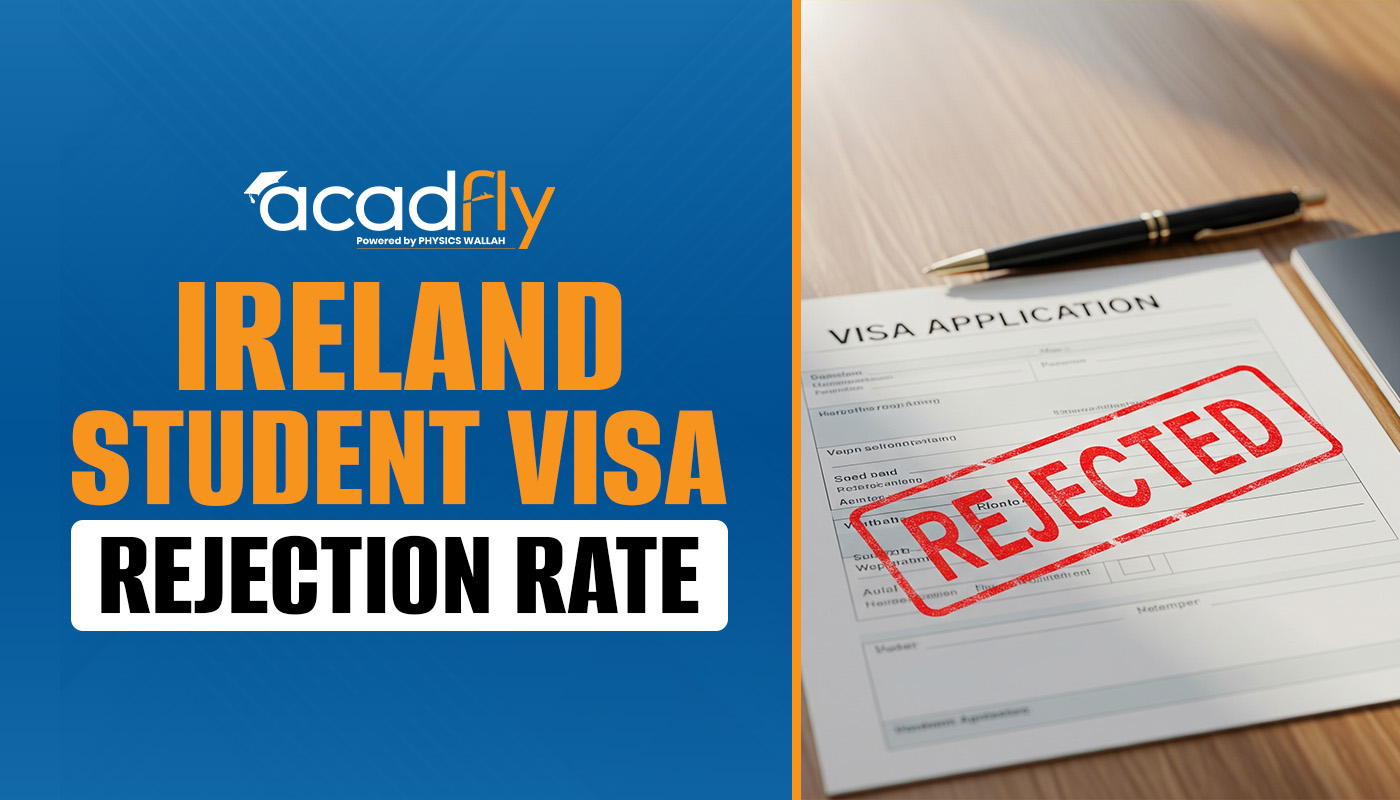
Introduction to Culinary Anthropology and Food Security
Culinary anthropology and food security are intertwined fields that delve into the cultural, social, and economic aspects of food. Culinary anthropology studies food in relation to human culture, exploring how food practices define social structures, traditions, and identities. Food security, on the other hand, focuses on ensuring that all people have access to sufficient, safe, and nutritious food. Together, these disciplines provide a comprehensive understanding of how food influences and is influenced by various global factors.
Why Study Culinary Anthropology and Food Security Abroad?
Studying culinary anthropology and food security abroad offers unique insights into diverse food cultures and security challenges across the world. Students gain firsthand experience of different culinary traditions, agricultural practices, and food policies. This global perspective is essential for addressing complex food security issues and promoting sustainable food systems.
Course Structure and Curriculum
Core Subjects
-
Introduction to Culinary Anthropology: Understanding food as a cultural and social artifact.
-
Food Security Fundamentals: Examining the principles of food security and its global challenges.
-
Sustainable Agriculture: Studying sustainable farming practices and their impact on food security.
-
Global Food Systems: Analyzing the structure and function of food systems worldwide.
-
Cultural Food Practices: Exploring traditional and contemporary food practices in different cultures.
-
Food Policy and Governance: Investigating the role of policy in shaping food security and food systems.
Elective Subjects
-
Ethnographic Methods in Culinary Research: Learning qualitative research methods for studying food cultures.
-
Nutrition and Public Health: Examining the relationship between nutrition, health, and food security.
-
Food Justice and Equity: Understanding social justice issues related to food access and distribution.
-
Global Gastronomy: Studying the culinary traditions and innovations of various regions.
-
Agroecology: Exploring ecological approaches to sustainable agriculture.
Top Universities Offering the Course
-
University of Gastronomic Sciences, Italy: Known for its comprehensive programs in food studies and sustainable gastronomy.
-
SOAS University of London, UK: Offers unique perspectives on food, culture, and society.
-
University of California, Davis, USA: Renowned for its research in agriculture, nutrition, and food security.
-
University of Copenhagen, Denmark: Offers specialized courses in food policy and food culture.
-
Wageningen University & Research, Netherlands: Focuses on agricultural sciences and food security research.
Career Opportunities
Graduates with a degree in culinary anthropology and food security can pursue various career paths, including:
-
Food Policy Analyst: Working with governments and NGOs to develop and implement food policies.
-
Sustainable Agriculture Consultant: Advising on sustainable farming practices and food production systems.
-
Culinary Anthropologist: Conducting research on food cultures and practices.
-
Food Security Specialist: Working with international organizations to address food security challenges.
-
Nutritionist or Public Health Advocate: Promoting healthy eating habits and addressing nutritional issues.
-
Academic Researcher or Educator: Teaching and conducting research in culinary anthropology and food security.
Benefits of Studying Abroad
Studying abroad offers several advantages, such as:
-
Cultural Immersion: Experiencing and understanding diverse food cultures firsthand.
-
Global Networking: Building connections with professionals and peers from around the world.
-
Practical Experience: Gaining hands-on experience through internships and fieldwork in different cultural settings.
-
Enhanced Language Skills: Improving language proficiency and communication skills.
-
Personal Growth: Developing independence, adaptability, and a broader worldview.
Admission Requirements
Admission requirements for a course in culinary anthropology and food security vary by institution but generally include:
-
Academic Qualifications: A bachelor's degree in a related field such as anthropology, sociology, agriculture, or nutrition.
-
Language Proficiency: Proficiency in the language of instruction (e.g., IELTS or TOEFL for English-speaking programs).
-
Statement of Purpose: A personal statement outlining your interest in the field and career goals.
-
Letters of Recommendation: Academic or professional references supporting your application.
-
Work Experience: Relevant experience in food studies, agriculture, or related fields (preferred by some programs).
Scholarships and Financial Aid
Many universities and organizations offer scholarships and financial aid for students pursuing studies in culinary anthropology and food security. Some notable scholarships include:
-
Erasmus Mundus Joint Master Degrees: Scholarships for students studying in Europe.
-
Fulbright Program: Scholarships for U.S. students studying abroad.
-
Chevening Scholarships: Scholarships for students from developing countries studying in the UK.
-
DAAD Scholarships: Scholarships for international students studying in Germany.
-
Private Foundations and NGOs: Various organizations offer grants and scholarships based on merit and need.
Conclusion
A course in culinary anthropology and food security offers a unique blend of cultural studies and practical solutions to global food challenges. Studying this field abroad provides invaluable insights into diverse food cultures and security issues, preparing graduates for impactful careers in academia, policy, public health, and sustainable agriculture. With the right qualifications and a passion for food and culture, students can contribute to creating equitable and sustainable food systems worldwide.
Frequently Asked Questions
1. What is the focus of culinary anthropology?
2. What are the key components of food security?
3. How long does it take to complete a course in culinary anthropology and food security?
4. What are the career prospects for graduates?
5. Can I study culinary anthropology and food security online?
6. What skills will I gain from this course?
7. Are there opportunities for practical experience during the course?
8. What are the prerequisites for admission?
9. How can I find scholarships for this course?










